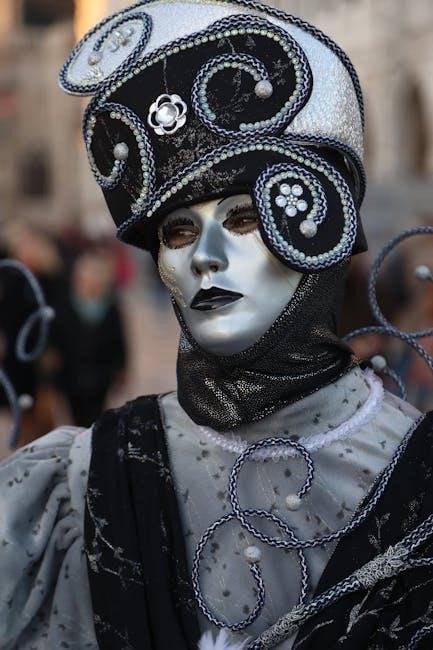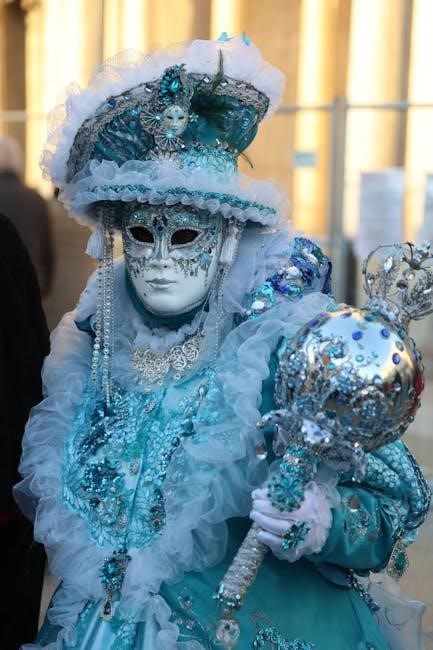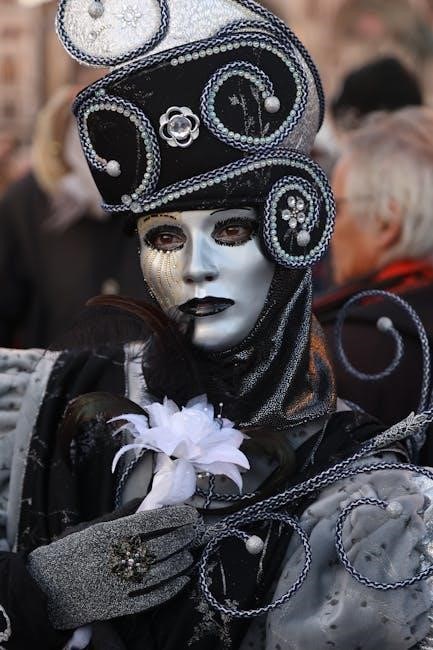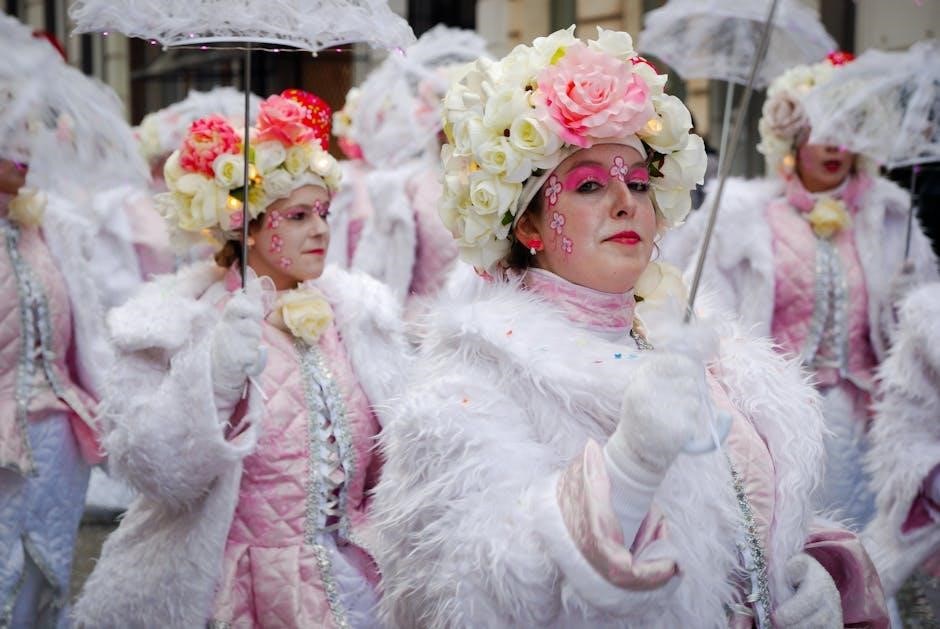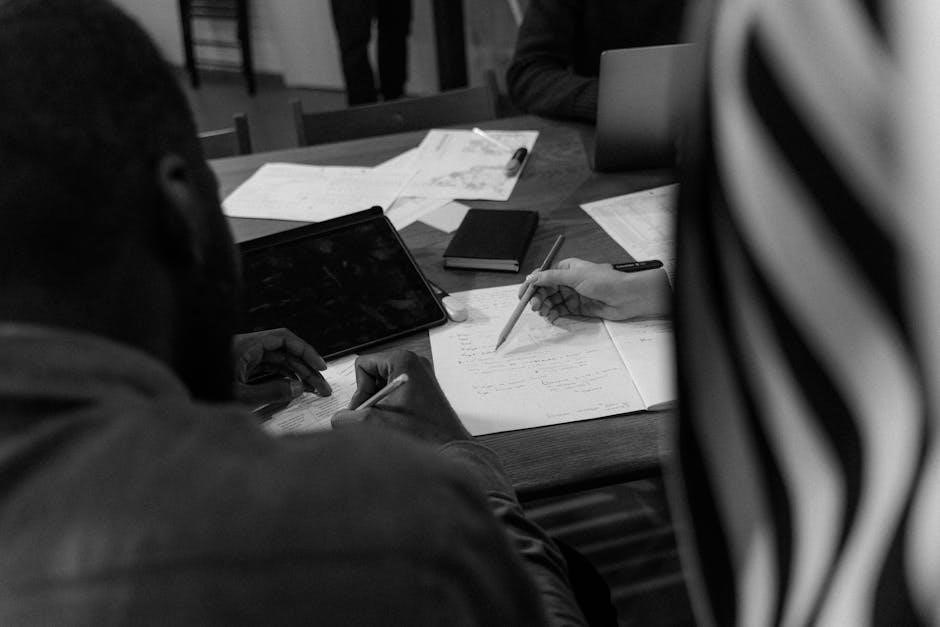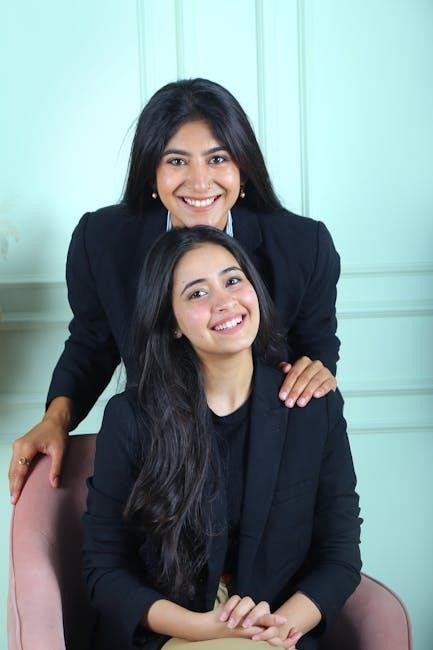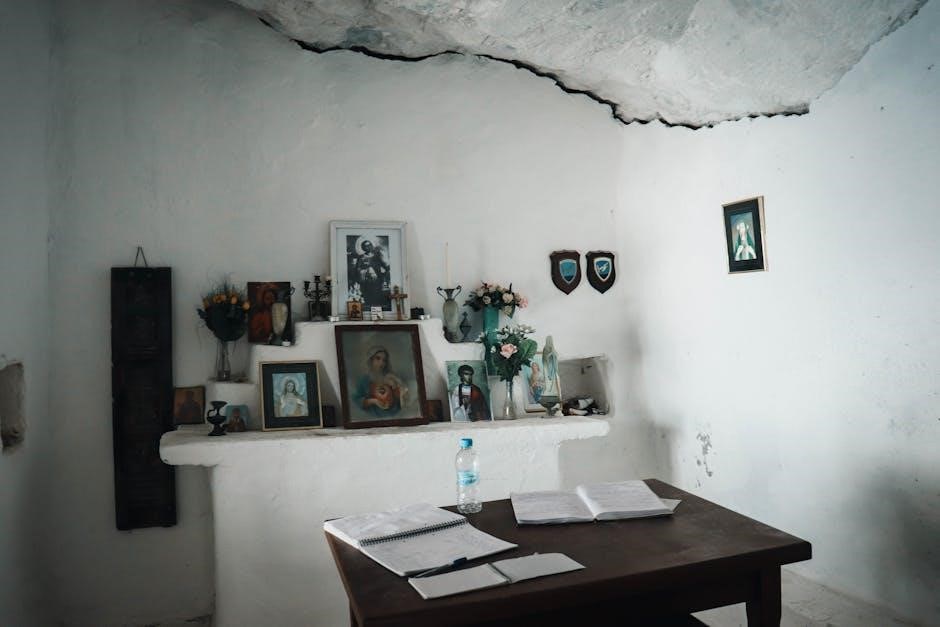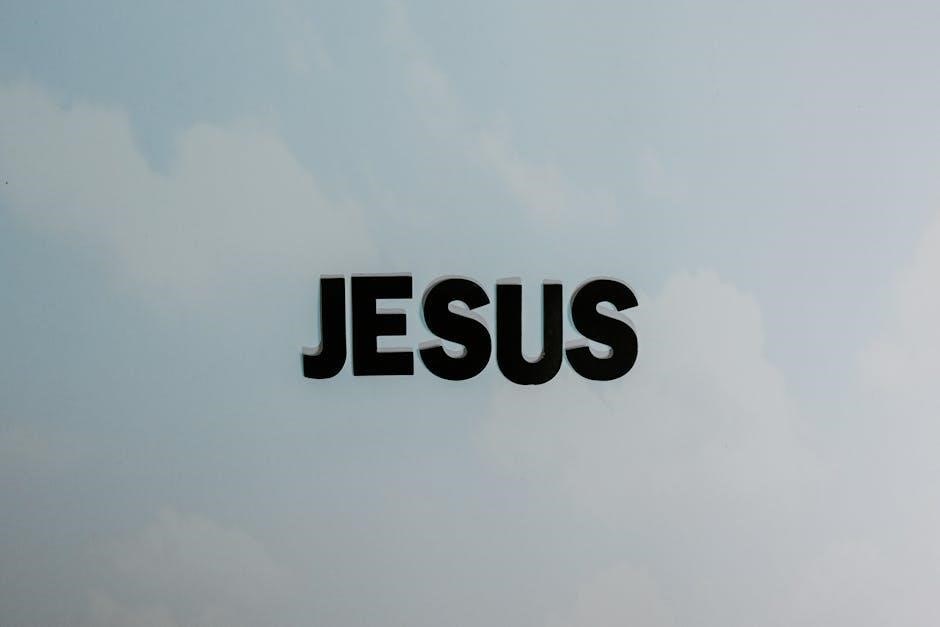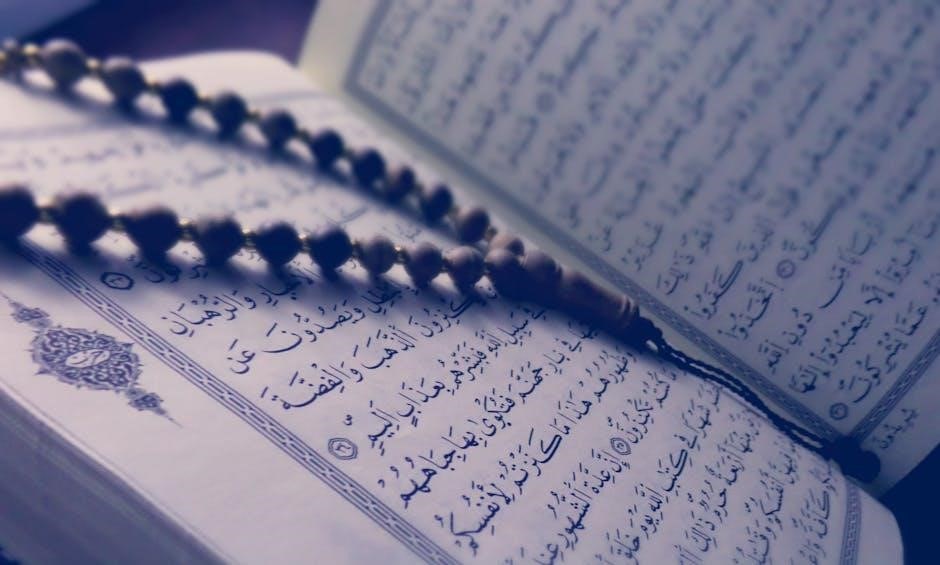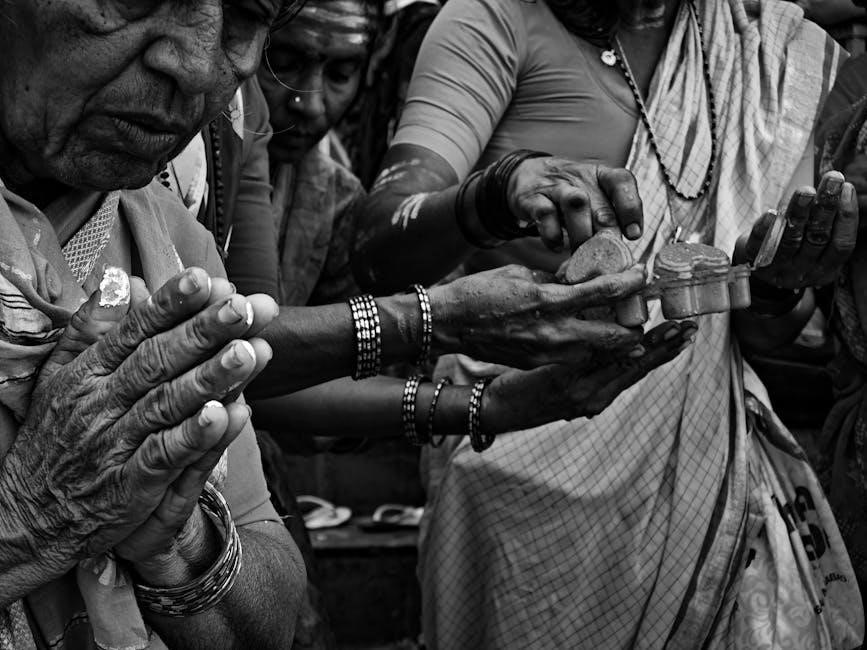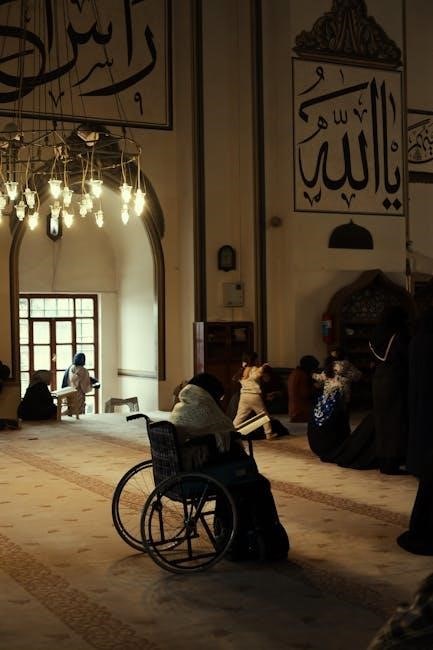“Poverty by America” critically examines US poverty, challenging conventional narratives and highlighting systemic factors. The book’s core argument centers on how affluent Americans actively maintain poverty.
Overview of the Book and its Central Argument
Matthew Desmond’s “Poverty by America” presents a provocative thesis: poverty isn’t merely a consequence of individual failings or insufficient resources, but is actively produced by the actions of affluent Americans. The book argues that numerous policies and practices, benefiting the wealthy, simultaneously create and perpetuate poverty for others.
Desmond meticulously details how exploitative systems – from predatory lending to housing policies – enrich some while systematically disadvantaging vulnerable populations. He challenges the common narrative of charity as a solution, asserting it often serves to alleviate guilt rather than address root causes. The central argument isn’t about a lack of resources, but a deliberate allocation favoring the privileged, effectively creating a dependent underclass.
Historical Context of Poverty in the United States
Historically, US poverty has been shaped by cycles of economic expansion and contraction, alongside deeply ingrained systemic inequalities. From the legacy of slavery and Jim Crow laws to discriminatory housing policies like redlining, marginalized groups have consistently faced barriers to economic advancement. The post-WWII era saw a decline in poverty, but this progress stalled in the 1970s with wage stagnation and deindustrialization.
Neoliberal policies further exacerbated income inequality, contributing to the current state of concentrated wealth and widespread economic insecurity. Understanding this historical context is crucial, as contemporary poverty isn’t a new phenomenon, but a continuation of long-standing patterns of exploitation and disadvantage.

Defining and Measuring Poverty
Poverty is multi-dimensional, extending beyond income to encompass access to basic needs like nutrition, water, healthcare, and education, especially for children.
Official Poverty Measures (FPL) and their Limitations
The Federal Poverty Line (FPL), established in the 1960s, remains the official US poverty measure, yet faces significant criticism. Originally based on the cost of a minimal food diet, it fails to account for regional variations in housing costs, healthcare expenses, and other essential needs.
This measure also doesn’t fully capture the impact of non-cash benefits like SNAP or housing assistance, potentially underestimating the number of individuals truly struggling. Furthermore, the FPL doesn’t reflect contemporary living standards or the changing economic landscape, leading to an incomplete and potentially misleading picture of poverty in America.
Supplemental Poverty Measure (SPM) ─ A Deeper Look
The Supplemental Poverty Measure (SPM) offers a more comprehensive assessment of poverty than the official FPL. It considers geographic differences in housing costs, and incorporates the value of government benefits like SNAP and tax credits. This provides a more accurate reflection of available resources.
However, the SPM isn’t without its complexities. It includes work-related expenses, impacting income calculations, and its reliance on detailed household data presents challenges. Recent increases in the SPM poverty rate reflect rising housing costs and reductions in certain benefit programs, highlighting its sensitivity to policy changes and economic fluctuations.
Child Poverty Rates: Global and US Comparisons
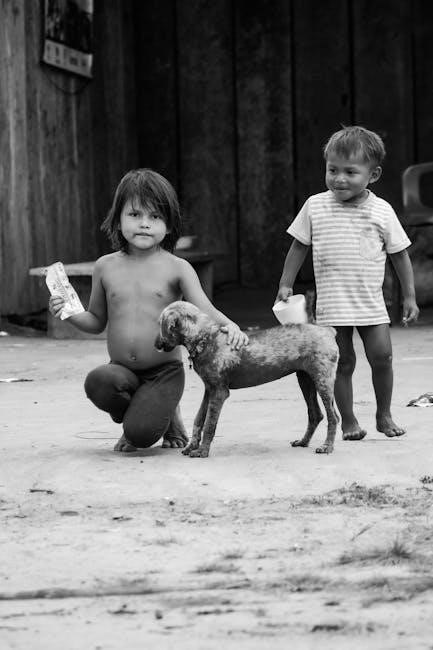
Globally, extreme child poverty is defined as living on less than $3 per day, affecting nearly 19% of children, concentrated in Sub-Saharan Africa and South Asia. This impacts access to fundamental needs like nutrition, water, shelter, education, and healthcare.
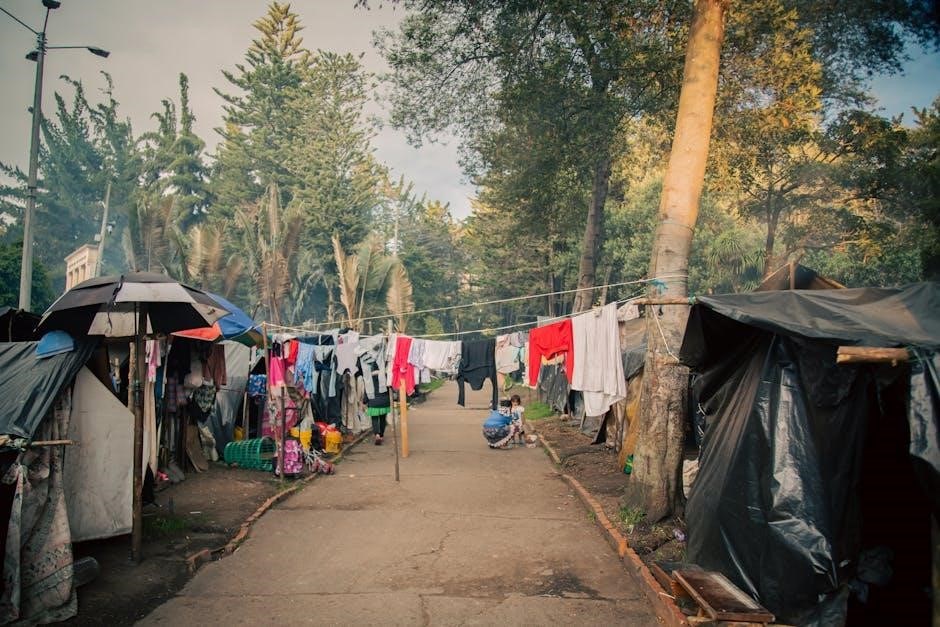
While the US boasts a higher overall standard of living, its child poverty rate remains comparatively high among developed nations. Younger children are disproportionately affected. Comparing US rates to global figures reveals the relative disadvantage faced by American children, emphasizing the need for targeted interventions and robust social safety nets.

Key Factors Contributing to Poverty in America
Systemic racism, wage stagnation, and escalating housing costs are pivotal drivers of American poverty, creating barriers to economic mobility for vulnerable populations.
The Role of Systemic Racism and Inequality
Historically rooted discriminatory practices continue to disproportionately impact communities of color, contributing significantly to poverty rates. These practices, encompassing housing segregation, unequal access to education, and biased employment opportunities, create persistent economic disadvantages. The book emphasizes how wealth accumulation has historically favored white Americans, while simultaneously hindering economic advancement for Black and Brown communities.
This systemic inequality isn’t merely a historical issue; it actively perpetuates cycles of poverty. Limited access to quality healthcare, nutritious food, and safe neighborhoods further exacerbates these disparities, creating substantial barriers to upward mobility and reinforcing existing power structures. Addressing poverty, therefore, necessitates dismantling these deeply ingrained systems of racial and economic injustice.
Impact of Wage Stagnation and Income Inequality
For decades, wages for low and middle-income workers have stagnated, failing to keep pace with rising costs of living and productivity gains. Simultaneously, income has become increasingly concentrated at the very top, widening the gap between the rich and the poor. This growing income inequality directly contributes to poverty, as a larger share of the population struggles to afford basic necessities.
The book argues that this isn’t accidental; policies and economic structures have actively facilitated this trend. Declining unionization, globalization, and shifts in tax policies have all played a role in suppressing wages and concentrating wealth. Consequently, even full-time employment doesn’t guarantee a living wage, trapping many families in cycles of poverty.
Housing Costs and the Poverty Trap
Escalating housing costs represent a significant barrier to economic mobility and a major driver of poverty in the United States. The book emphasizes how the affordability crisis disproportionately impacts low-income families, consuming a substantial portion of their income. This leaves limited resources for other essential needs like food, healthcare, and education.
Furthermore, the Supplemental Poverty Measure (SPM) highlights how housing costs are a key factor in poverty calculations. Lack of affordable housing also restricts access to better schools and job opportunities, perpetuating a cycle of disadvantage. The system actively creates a “poverty trap” where stable housing remains unattainable.

The Impact of Poverty on Children
Childhood poverty severely hinders access to vital resources – nutrition, healthcare, education – impacting development and future opportunities, with disproportionate effects globally.
Health Outcomes and Child Development
Poverty’s impact on children’s health is profound and multifaceted. Limited access to nutritious food leads to malnutrition, hindering physical and cognitive development. Insufficient healthcare results in untreated illnesses and chronic conditions, impacting school attendance and overall well-being.
Children in poverty are more likely to experience developmental delays, learning disabilities, and behavioral problems. Exposure to stress and adverse childhood experiences further exacerbates these challenges. These early disadvantages can have lasting consequences, affecting educational attainment, employment prospects, and long-term health outcomes, perpetuating cycles of poverty across generations.
Educational Disparities and Opportunity Gaps
Children experiencing poverty face significant hurdles in accessing quality education. Under-resourced schools, lacking adequate funding and qualified teachers, often serve impoverished communities, creating substantial disparities. Limited access to early childhood education programs further widens the opportunity gap before formal schooling even begins.
These disadvantages translate into lower test scores, higher dropout rates, and reduced chances of pursuing higher education. Lack of resources at home, such as books and internet access, hinders academic progress. Consequently, children from low-income backgrounds are less likely to achieve their full potential, perpetuating cycles of poverty.
Long-Term Consequences of Childhood Poverty
Childhood poverty’s effects extend far beyond immediate hardship, creating lasting disadvantages. Individuals who experience poverty as children are more likely to face chronic health problems, impacting their physical and mental well-being throughout life. Educational attainment is often lower, limiting career opportunities and earning potential.
Furthermore, childhood poverty increases the risk of involvement with the criminal justice system and reduces overall life expectancy. These long-term consequences not only affect individuals but also impose significant costs on society, perpetuating intergenerational cycles of disadvantage and hindering economic mobility.

Government Programs and Poverty Reduction Efforts
Government initiatives like SNAP, TANF, and the EITC aim to alleviate poverty, providing crucial support for families and individuals facing economic hardship nationwide.
SNAP (Supplemental Nutrition Assistance Program)
SNAP, formerly known as food stamps, is a federal program providing nutrition assistance to low-income individuals and families. It’s the largest domestic hunger program in the United States, offering benefits loaded onto an Electronic Benefit Transfer (EBT) card. These funds can be used to purchase eligible food items at authorized retailers.
SNAP’s impact extends beyond simply providing food; it boosts local economies and reduces poverty rates. However, eligibility requirements and benefit levels vary by state, creating inconsistencies in access. The program faces ongoing debates regarding funding levels and work requirements, impacting its effectiveness in addressing food insecurity across the nation.
TANF (Temporary Assistance for Needy Families)
TANF replaced Aid to Families with Dependent Children (AFDC) in 1996, shifting the focus from entitlement to temporary assistance with work requirements. States receive federal funding to design and administer their own TANF programs, offering cash assistance, job preparation, and other support services.
A key feature of TANF is its time limits on receiving benefits, aiming to encourage self-sufficiency. However, critics argue these limits can push families into deeper poverty, particularly during economic downturns. The program’s effectiveness is debated, with concerns about reaching all eligible families and providing adequate support for long-term economic stability.
Earned Income Tax Credit (EITC) and Child Tax Credit
The EITC is a refundable tax credit for low-to-moderate income working individuals and families. It incentivizes work and supplements earnings, significantly reducing poverty, especially for those with children. The Child Tax Credit provides a tax break for families with qualifying children, further boosting household income.
Recent expansions of both credits, particularly during 2021, demonstrated a substantial impact on reducing child poverty rates. However, these expansions were temporary, raising concerns about a potential increase in poverty as benefits revert to previous levels. Both credits are vital tools in supporting working families and alleviating financial hardship.

Criticisms and Alternative Approaches
Current welfare systems face criticism for potential disincentives to work and bureaucratic inefficiencies. Alternative solutions like Universal Basic Income (UBI) are gaining traction.
Arguments Against Current Welfare Systems
Critics argue that existing welfare programs can inadvertently create dependency, diminishing incentives for individuals to seek employment and achieve self-sufficiency. Concerns center on potential disincentives to work, where benefits may reduce or eliminate entirely as earned income rises, creating a “welfare trap.”
Bureaucratic complexities and administrative costs associated with these systems are also frequently cited as drawbacks, diverting resources from direct aid. Some contend that current approaches fail to address the root causes of poverty, offering temporary relief rather than fostering long-term economic empowerment.
Furthermore, the stigma associated with receiving public assistance can discourage eligible individuals from seeking help, exacerbating hardship and hindering social mobility.
Universal Basic Income (UBI) as a Potential Solution
Universal Basic Income (UBI) proposes providing all citizens with a regular, unconditional cash payment, sufficient to cover basic living expenses. Proponents argue UBI could drastically reduce poverty by establishing a safety net floor, fostering economic security, and empowering individuals to pursue education or entrepreneurship.

UBI aims to simplify welfare systems, reducing administrative costs and eliminating the stigma associated with traditional aid. It’s suggested it could stimulate local economies as recipients spend the income, and provide a buffer against job displacement due to automation.
However, concerns exist regarding affordability, potential inflation, and the impact on work incentives, requiring careful consideration and pilot programs.
Focus on Asset Building and Economic Empowerment
Shifting the focus from solely income support to asset building and economic empowerment represents a crucial alternative approach to poverty reduction. This strategy emphasizes equipping individuals and communities with the resources and opportunities to generate wealth and financial stability.
Initiatives include promoting homeownership, supporting small business development, expanding access to financial literacy programs, and establishing Individual Development Accounts (IDAs) – matched savings accounts for low-income individuals.
Empowerment through skill-building, job training, and access to capital can break cycles of poverty, fostering self-sufficiency and long-term economic mobility, rather than reliance on aid.

Recent Trends in US Poverty (2025-2026)
Recent data (2025-2026) reveals rising poverty due to inflation and policy shifts, impacting housing costs and noncash benefits, particularly for vulnerable children.
Impact of Inflation and Economic Fluctuations
Economic instability in 2025-2026 significantly worsened poverty rates across the United States. Surging inflation dramatically increased the cost of essential goods and services, disproportionately affecting low-income households. This inflationary pressure eroded purchasing power, making it harder for families to afford basic necessities like food, housing, and healthcare.
Fluctuations in the job market, coupled with reductions in certain noncash benefits and refundable tax credits, further exacerbated the situation. Increased work-related expenses, while incomes rose for some, partially offset those gains. These combined factors contributed to a noticeable increase in the Supplemental Poverty Measure (SPM) rate, highlighting the vulnerability of many Americans to economic shocks.
Changes in Poverty Rates Due to Policy Shifts
Recent policy adjustments have demonstrably impacted US poverty rates. Reductions in the availability of certain noncash benefits, alongside alterations to refundable tax credits, contributed to a rise in the Supplemental Poverty Measure (SPM) during 2025-2026. These shifts effectively reduced the safety net for vulnerable populations, increasing financial strain on low-income families.
Conversely, increased employment rates offered some offset, but rising work-related expenses diminished the positive impact. The interplay between these policy changes and broader economic conditions created a complex landscape, revealing how governmental decisions directly influence poverty levels and the well-being of millions of Americans.
Geographical Distribution of Poverty
Poverty’s concentration remains deeply uneven across the United States. Sub-Saharan Africa and South Asia demonstrate disproportionately high rates of extreme monetary poverty, with nearly 90% of affected children residing in these regions. Within the US, poverty is not randomly distributed; it clusters in specific areas, often correlating with historical patterns of racial segregation and limited economic opportunity.
Rural communities and certain urban centers consistently exhibit higher poverty rates than national averages. Understanding these geographical disparities is crucial for tailoring effective interventions and ensuring resources reach those most in need, addressing systemic inequalities.













































